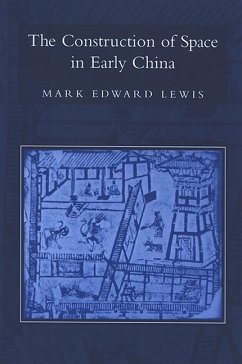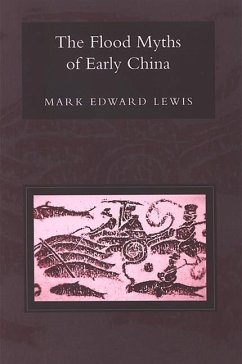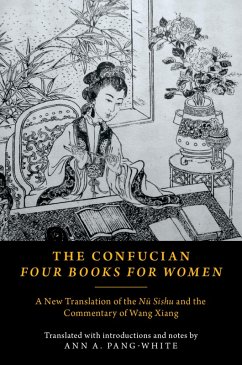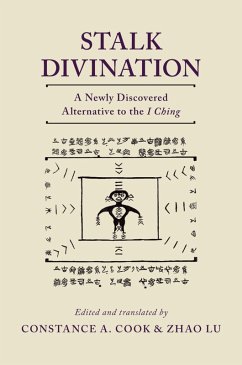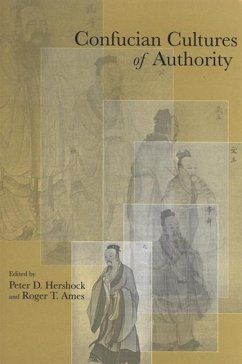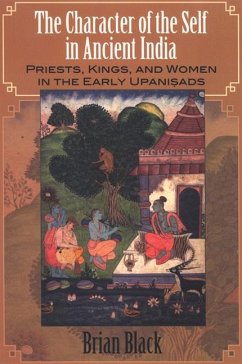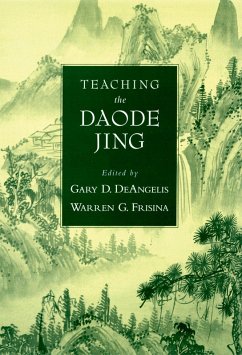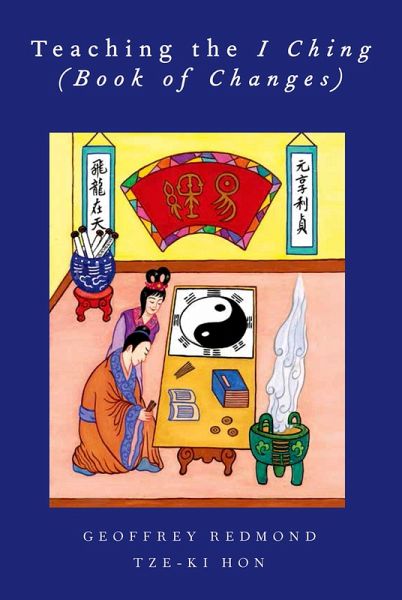
Teaching the I Ching (Book of Changes) (eBook, PDF)
Versandkostenfrei!
Sofort per Download lieferbar
46,95 €
inkl. MwSt.
Weitere Ausgaben:

PAYBACK Punkte
23 °P sammeln!
Chinese traditional culture cannot be understood without some familiarity with the I Ching, yet it is one of the most difficult of the world's ancient classics. Assembled from fragments with many obscure allusions, it was the subject of ingenious, but often conflicting, interpretations over nearly three thousand years. Teaching the I Ching (Book of Changes) offers a comprehensive study at a time when interest in Asian philosophy and the culture of China is on the rise. Still widely read in China, it has become a countercultural classic in the West. Recent scholarship has radically altered our ...
Chinese traditional culture cannot be understood without some familiarity with the I Ching, yet it is one of the most difficult of the world's ancient classics. Assembled from fragments with many obscure allusions, it was the subject of ingenious, but often conflicting, interpretations over nearly three thousand years. Teaching the I Ching (Book of Changes) offers a comprehensive study at a time when interest in Asian philosophy and the culture of China is on the rise. Still widely read in China, it has become a countercultural classic in the West. Recent scholarship has radically altered our understanding of this foundational work. Geoffrey Redmond and Tze-Ki Hon present an up-to-date survey of recent studies including reconstruction of the early meanings, excavated manuscripts, the New Culture Movement, and the Cultural Revolution. To facilitate introducing the classic to students, the necessary background is provided for university teachers and students, even non-China specialists. The teaching approaches described will foreground the otherness of the classic, yet engage the interests of twenty-first-century students. Rather than dismissing the text's popular association with divination, they explain why this mode of human thought has persisted for millennia. Thus, Redmond and Hon mediate between the two extreme views of the classic: a source of timeless ancient wisdom on the one hand, and a historical curiosity on the other. Teaching the I Ching (Book of Changes) makes this important classic accessible to a broad readership, thus providing a crucial service for those interested in China, early civilization, and world religion. Now anyone with a serious interest can understand a text that continues to have a decisive influence on Chinese and world culture three thousand years after its original composition.
Dieser Download kann aus rechtlichen Gründen nur mit Rechnungsadresse in A, B, BG, CY, CZ, D, DK, EW, E, FIN, F, GR, HR, H, IRL, I, LT, L, LR, M, NL, PL, P, R, S, SLO, SK ausgeliefert werden.





